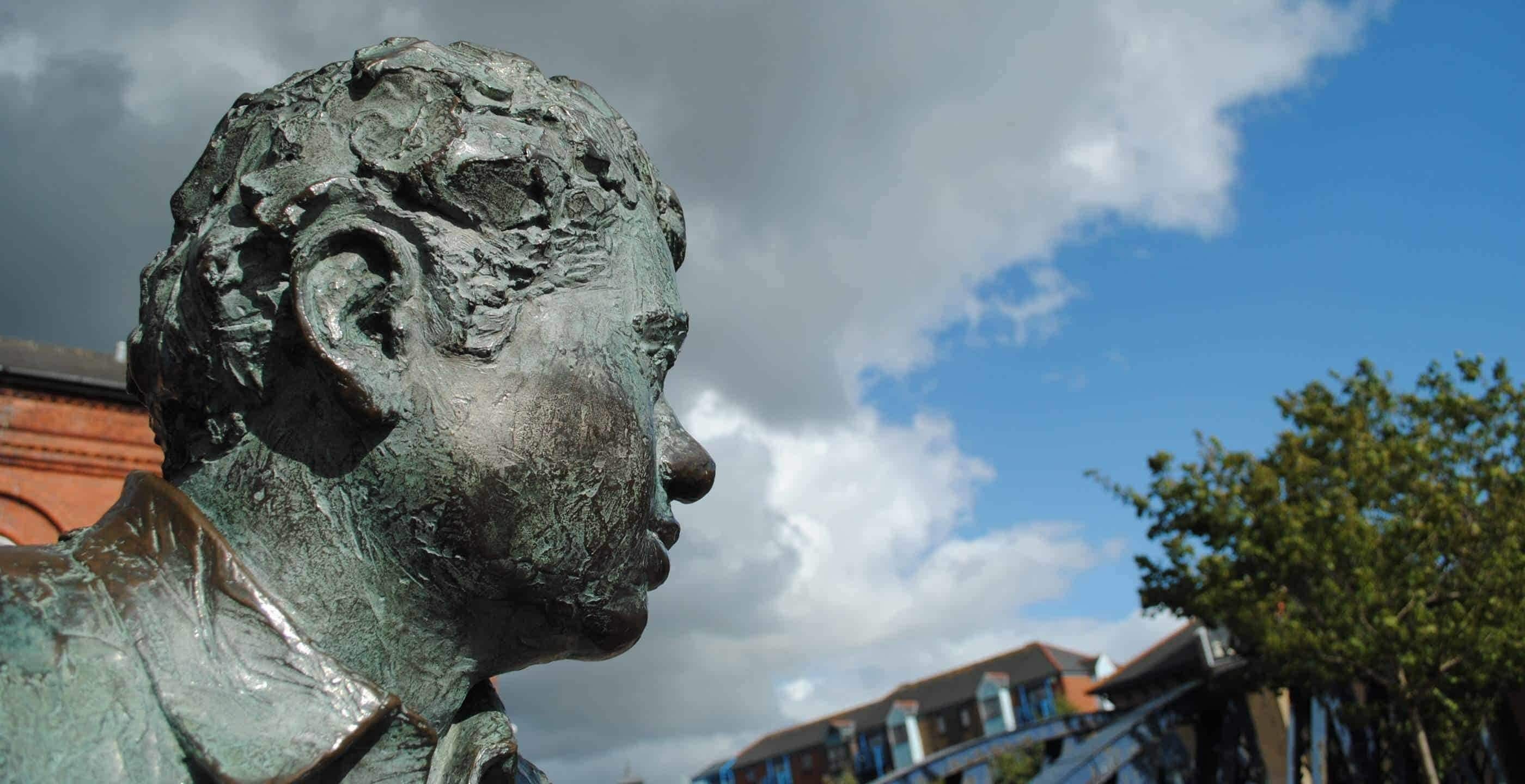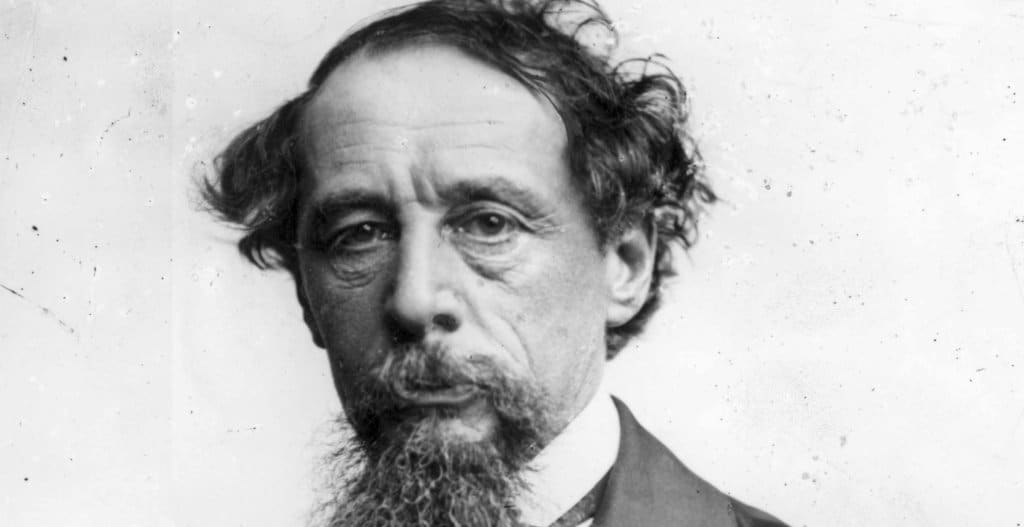Dylan Marlais Thomas was born in the Uplands suburb of Swansea, South Wales on 27 October 1914 to David John (‘DJ’) Thomas, Senior English master at Swansea Grammar School, and his wife Florence Hannah Thomas (née Williams) a seamstress, the second of two children and younger brother to Nancy Marles Thomas, nine years his senior.
Dylan’s middle name, Marlais ( pronounced ‘Mar-lice’) was chosen in honour of his great-uncle, the Unitarian Minister and poet William Thomas, better know by his pseudonym or ‘bardic name’ Gwilym Marles. A combination of the words ‘mawr’ meaning big and either ‘clais’ or ‘glas’ meaning ditch, stream or blue, the name is distinctly Welsh in origin. While the name Dylan is also a strong Welsh name pronounced “Dullan”, interestingly, Dylan himself preferred to use the English pronunciation “Dillan” and during radio broadcasts was often known to correct announcers using the Welsh pronunciation.
Indeed, whilst Thomas is arguably the most well known Welsh poet of all time, paradoxically his literary work is written entirely in English. DJ and Florence were both fluent Welsh speakers (and DJ even provided extracurricular Welsh lessons from their home) but following the tradition of the time, Nancy and Dylan were not brought up to be bilingual.
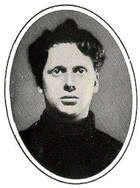 It was this decline of the Welsh Language during the nineteenth century that subsequently gave rise to the ‘Anglo-Welsh literature’ or as many English speaking Welsh men and women preferred, ‘Welsh writing in English’.
It was this decline of the Welsh Language during the nineteenth century that subsequently gave rise to the ‘Anglo-Welsh literature’ or as many English speaking Welsh men and women preferred, ‘Welsh writing in English’.
There was an even greater upsurge in Welsh literature written in the English language during the Great Depression of the 1930s. In the UK, heavy industry was one of the worst hit areas, and the experiences of those dependent on the Welsh coalfields inspired a plethora of writing from the many writers belonging to this Anglo-Welsh school, who were routed deeply in the working class families of South Wales and wished to share their experiences with the world outside Wales. In contrast though, Thomas hailed from a fairly middle-class background and had grown up with more rural experiences. He often holidayed in Carmarthenshire, and his home in Uplands was, and still is, one of the more affluent areas of the city.
Many of Dylan’s poems drew from these childhood experiences of the rural Welsh countryside and he began writing of them in his notebooks at the age of 15 whilst attending Swansea Grammar School. Indeed his first and second collections of poems, entitled ’18 poems’ and ’25 poems’ respectively, drew heavily from these notebooks. Nearly two thirds of Dylan’s poetic works were written whilst he was still a teenager.
Following a short-lived position as a junior reporter at the South Wales Daily Post at the age of 16, Dylan left the newspaper to concentrate on his poetry, working as a freelance journalist when the need arose. Having joined the Swansea Little Theatre Company, of which his sister Nancy was also a member, Dylan began to frequent the pubs and café scene in Swansea with his artistic cotemporaries. As a group they became known as the The Kardomah Gang, in honour of one of their favourite local haunt, the Kardomah Café. The café was originally located in Swansea’s Castle Street, coincidentally on the site of the former Congregational Chapel where Dylan’s parents were married in 1903.
This was a time of great productivity for Dylan’s poetry. At the age of 18 the first of his poems to be published outside of Wales, ‘And Death Shall have No Dominion’, was published in the New England Weekly. Like many Anglo-Welsh writers of the day, Thomas moved to London in his pursuit of literary success, and with the publication of ’18 Poems’ in December 1934, he began to attract attention from big hitters in the London poetry world such as T.S. Eliot and Edith Sitwell.
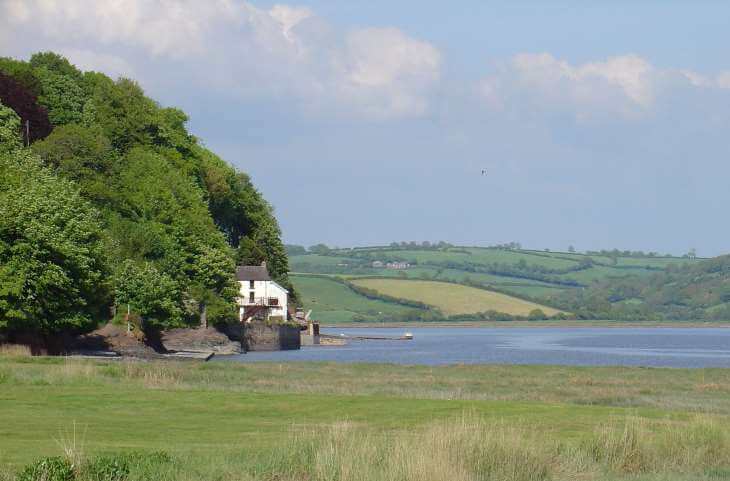
Having met Caitlin Macnamara in 1936 in the Wheatsheaf Pub in London’s West End, they embarked on a passionate affair culminating in their marriage on 11 July 1937 in Mousehole, Cornwall, against the wishes of Dylan’s parents. Their nomadic lifestyle saw them move from London to Wales, then to Oxford, and following a brief sojourn to Ireland and Italy, they eventually settled in the small Welsh coastal town of Laugharne in Carmarthenshire during the spring of 1938. The couple had three children, Llewelyn Edouard (1939-2000), Aeronwy Thomas-Ellis (1943-2009) and Colm Garan Hart (born 1949).
The couple’s tumultuous relationship is well documented, not least in Caitlin’s own memoirs of their married life, entitled ‘Leftover Life to Kill’ and ‘Double Drink story‘ (published posthumously), which describe the couple’s fiery partnership, exacerbated by mutual infidelities and a fondness for alcohol. Dylan himself referred to their union as “raw, red bleeding meat”. However, the couple remained together until Dylan’s death in 1953. And whilst Caitlin eventually remarried and relocated to Italy, following her own death in 1994 she was buried with Dylan in Laugharne.
Much of Dylan’s popularity both at home and abroad stemmed from his descriptive lyrical prose and his ability to depict a Wales few Welsh people in the industrial age ever got to see. Nevertheless, he portrayed an image of ‘Welshness’ that was held dear to the hearts of many Welsh men and women. Unlike many of his contemporaries, Dylan’s poetry did not focus on the bleak images of the industrial depression. Where he does refer to industrial terminology, such as in the poem’ All All And All’, he combines it with the beauty of nature.
Through the character Rev Eli Jenkins in one of his best-known works, the ‘play for voices’ Under Milk Wood (which was later made famous by another equally iconic Welshman, Richard Burton) Dylan taps into that collective ‘Welshness’ to which many are so fiercely loyal:
“I know there are Towns lovelier than ours, And fairer hills and loftier far…But let me choose and oh! I should Love all my life and longer To stroll among our trees and stray In Goosegog Lane, on Donkey Down, And hear the Dewi sing all day, And never, never leave the town.”
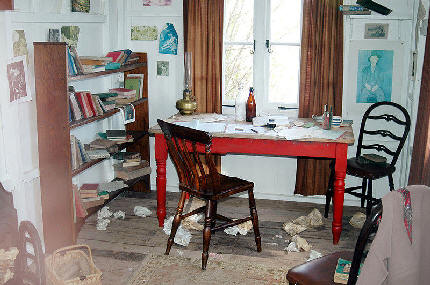
It was at the beginning of the Second World War, when Thomas’ ill health (he had suffered from bronchitis and asthma since childhood) prevented him from being called up, that he moved into script-writing, scripting films for the Ministry of Information. The scripts he produced for film and radio were often performed by Dylan himself, and his resonant voice and ability to capture a multitude of accents and expressions only served to increase his popularity throughout the world, particularly in America, where his subtle Welsh tones became nearly as famous as his poetry and plays themselves.
However, as his popularity rose it was also during this time that Thomas gained a reputation as a heavy drinker. Having been drawn to the tragic romance of poets like Byron and Keats, both Dylan and Caitlyn indulged in a hedonistic lifestyle of which alcohol was the epicentre.
Whilst in New York to promote ‘Under Milk Wood‘ in the winter of 1953, Dylan was taken ill and had to cancel several engagements. Despite being visited by his physician, Dr. Feltenstein, on numerous occasions his condition deteriorated and morphine injections administered in error by the Doctor left him struggling to breathe. By the time he was admitted to the emergency ward at St Vincent’s Hospital he had turned blue and slipped into a coma. Doctors diagnosed a severe case of bronchitis and an x-ray confirmed that Dylan was also suffering from pneumonia. The infection worsened and on 9 November Dylan died, never having regained consciousness.
Immediately after his death and in the years that followed, Dylan’s lifestyle prompted speculation that he had actually drunk himself to death. The image of the rebellious free-living artist who feel victim to his own excesses was infinitely more dramatic than the reality. Despite his heavy drinking his post mortem showed very little sign of the cirrhosis associated with alcohol-related deaths.
While there are times when the often embellished tales of Dylan’s tempestuous relationship with both Caitlin and alcohol have threatened to overshadow the achievements of his literary work, today it is an indisputable fact that Dylan has gone into history as one of Wales’ most celebrated sons.
